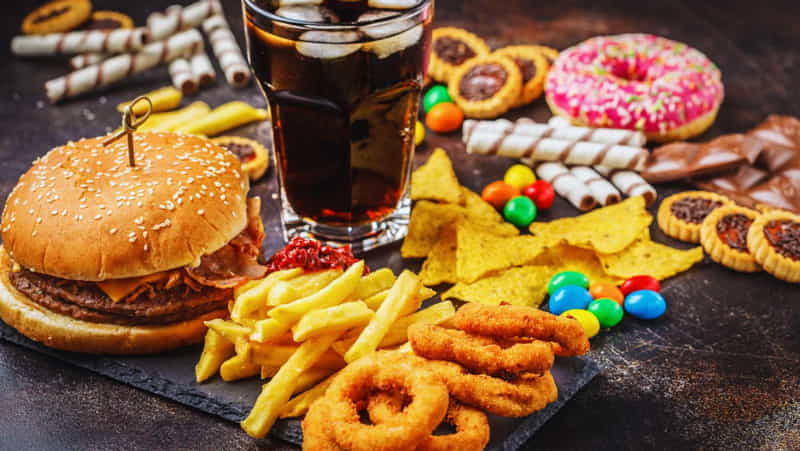
22 Aug How to Calm the Chaos Around Binge Eating – Dietitian Strategies that Work
Binge Eating Disorder (BED) is the most prevalent eating disorder in the United States, affecting millions of people each year. Though researchers have yet to detect a singular cause of BED, they know that it has serious consequences to someone’s health, increasing their risk of diabetes, high cholesterol and blood pressure, heart disease, osteoarthritis, sleep apnea, anxiety, depression, and low self-esteem. It can be devastating for someone’s quality of life, changing the way they socialize and live.
Binge eating rarely happens in isolation. More often, it’s part of a larger pattern of irregular or restrictive eating—skipping meals, cutting out major food groups, or simply not eating enough during the day. Over time, these habits can lead to intense cravings and a loss of control around food.
If this sounds familiar, you’re not alone. By working with a dietitian on our team, you can get structure, supportive strategies to help bring calm and consistency back to your meals.
Dietitian Nutritionist Strategies to Manage Binge Eating
1. Eat Enough. No, Really.
This one surprises people. But undereating—whether intentional or not—is one of the biggest triggers for binge eating. When your body isn’t getting enough, it goes into survival mode. That’s when cravings feel intense and hard to control. A dietitian can help make sure you’re eating regularly and getting enough at meals and snacks—think of it like laying down the foundation before anything else can get better.
2. Stop Believing Food Myths (Easier Said Than Done)
We’ve all heard it—“carbs are bad,” “don’t eat after 7 p.m.,” “sugar is addictive.” Some of it sounds convincing, especially when it’s coming from someone with a big following or a podcast. But these messages can mess with your head—and your eating. A good dietitian helps you sort through what’s real and what’s… not. And letting go of food guilt can be a huge step toward fewer binges.
3. Make Peace With “Binge Foods”
It’s not about willpower. It’s about exposure, consistency, and trust. Once your eating is more stable, a dietitian can help you bring those foods back into your life in a way that feels doable and not terrifying. Because yes, you can eat them without losing control.
4. Learn to Tune In (Instead of Checking Out)
Eventually, you’ll start to notice hunger and fullness again. That’s not fluffy diet talk—it’s part of something called intuitive eating. You learn to trust your body, instead of fighting it or ignoring it. It’s not the first step, and it doesn’t happen overnight, but it’s one of the most important tools for long-term change.
No judgment. No strict rules. Just real help and a healthier relationship with food. Get online or person-to-person nutrition therapy to start healing today.



